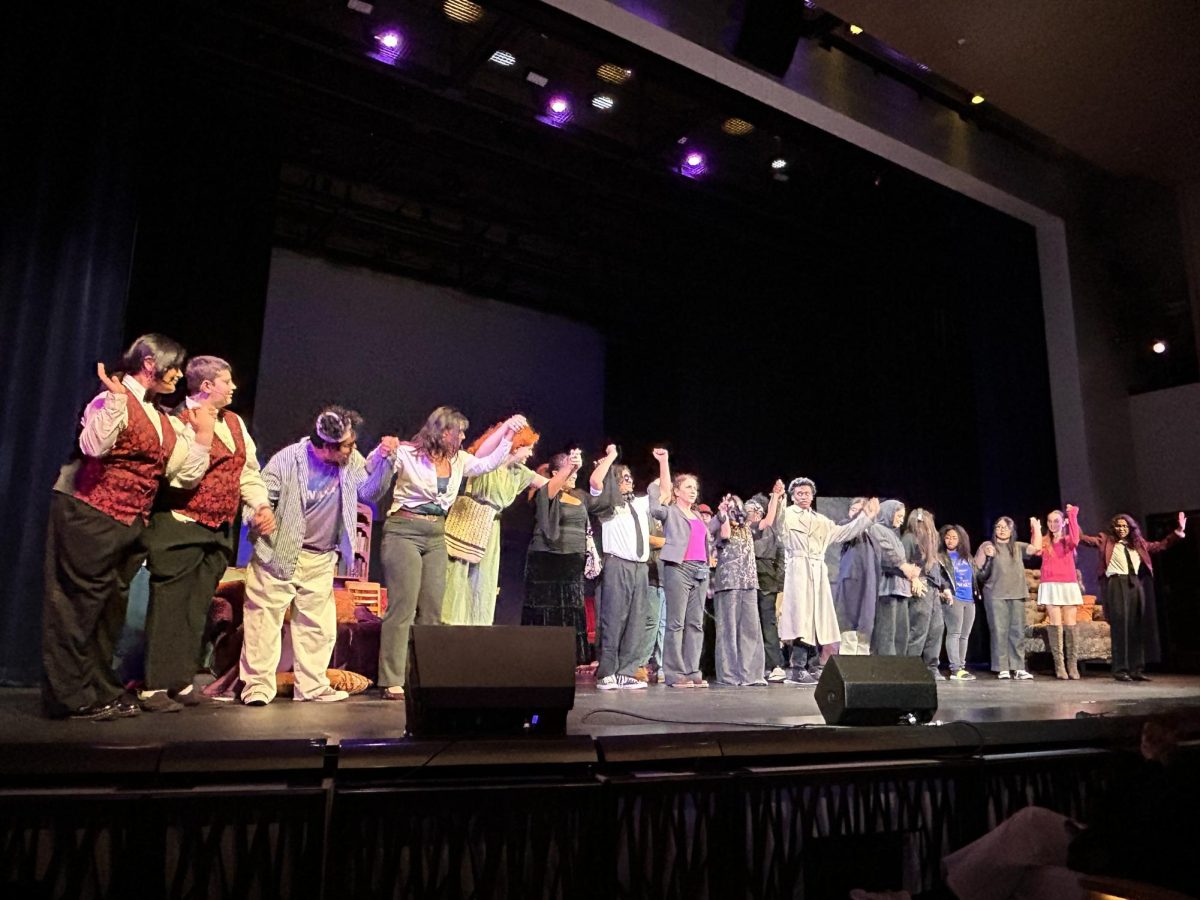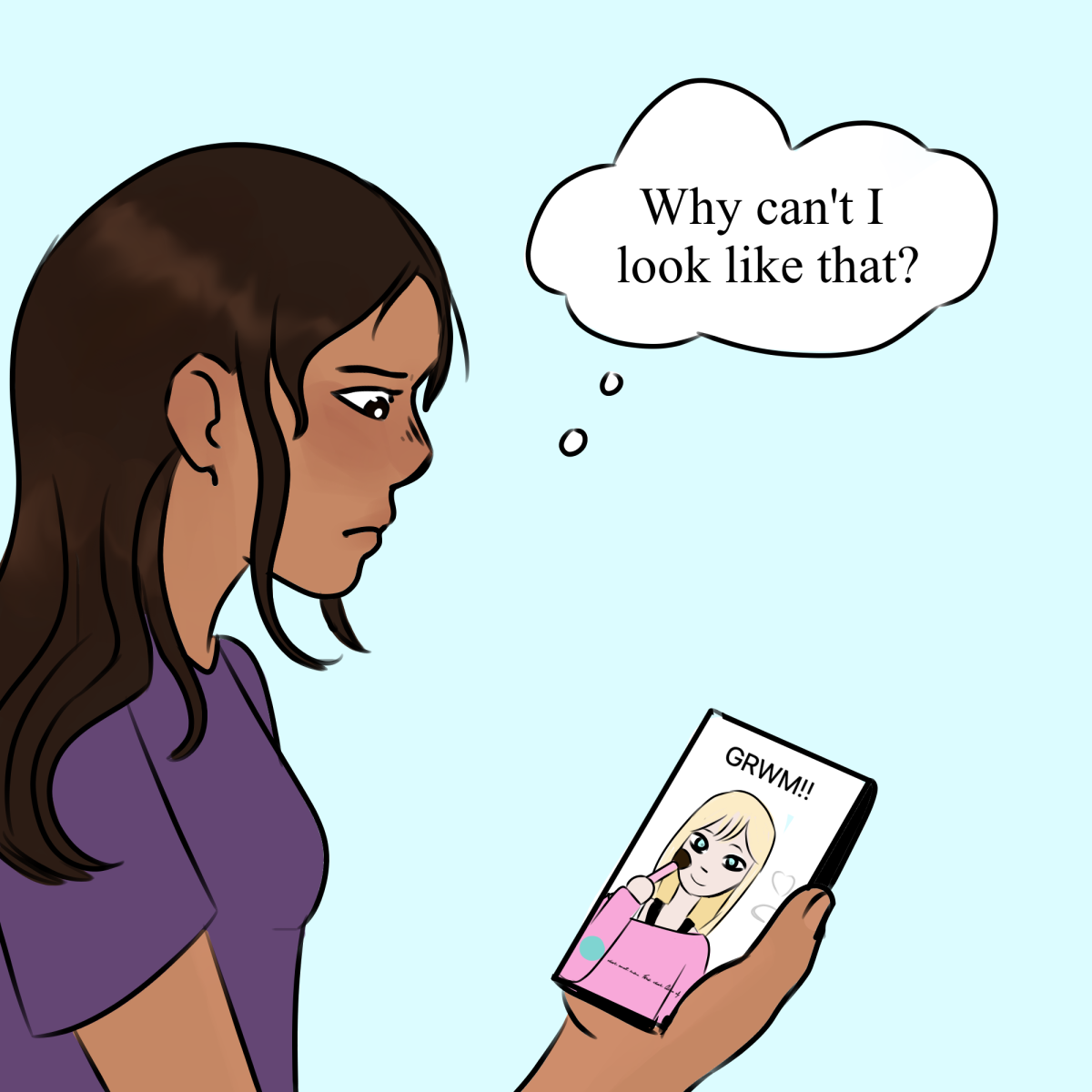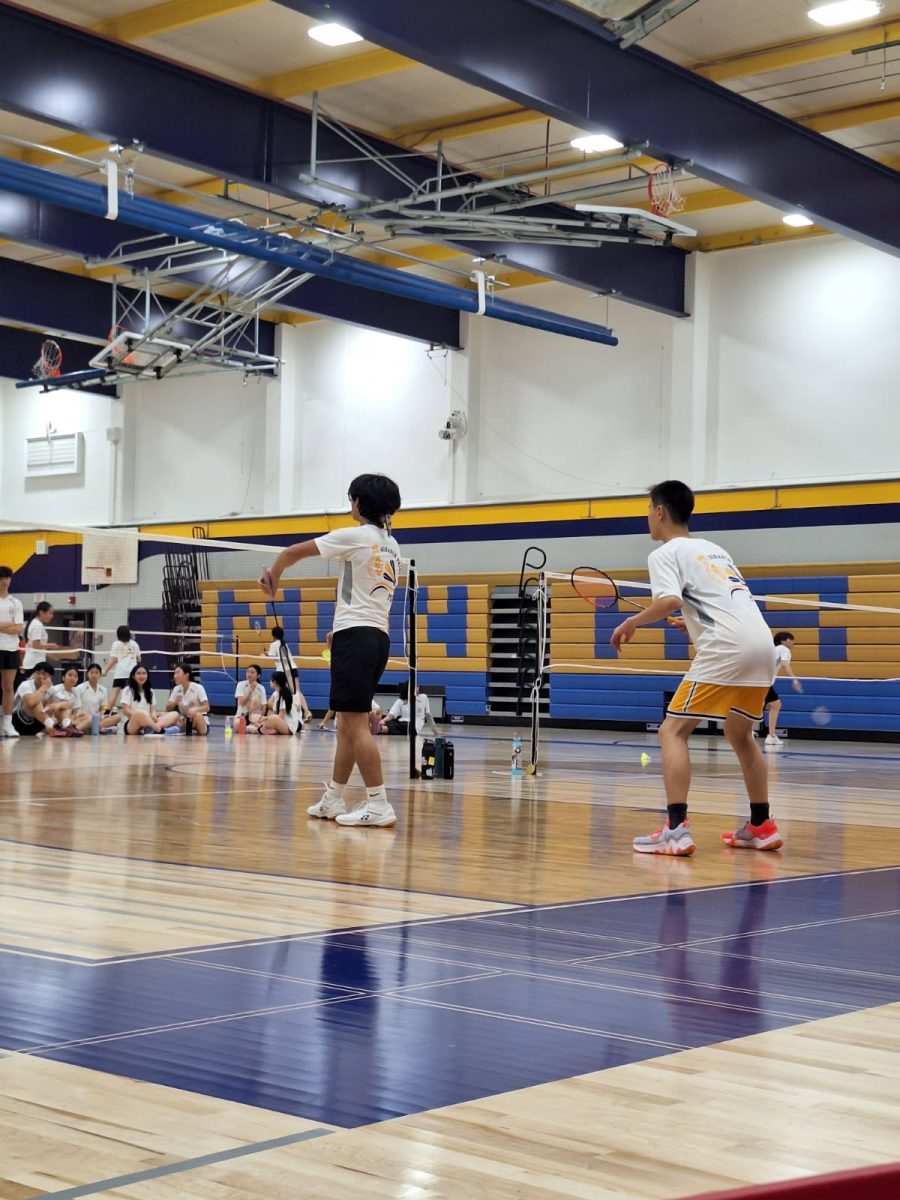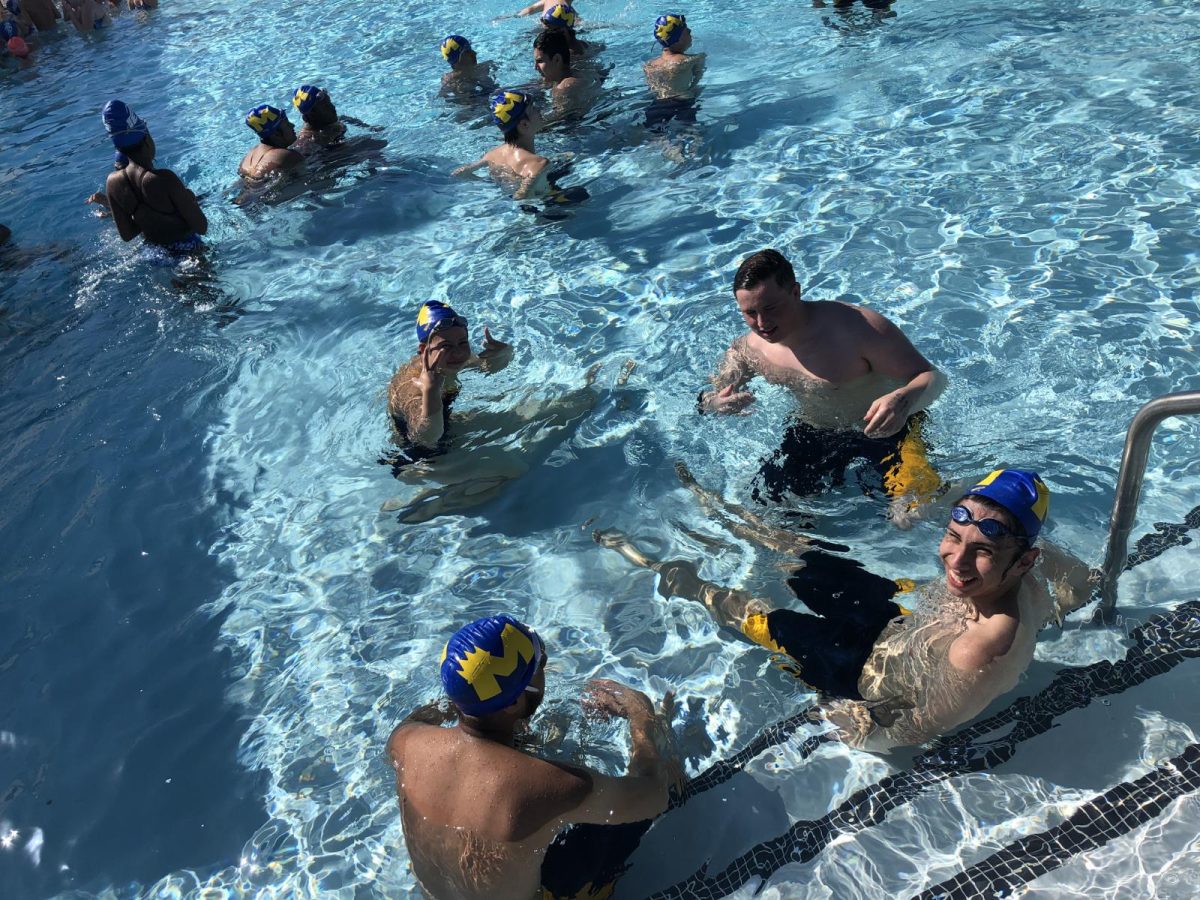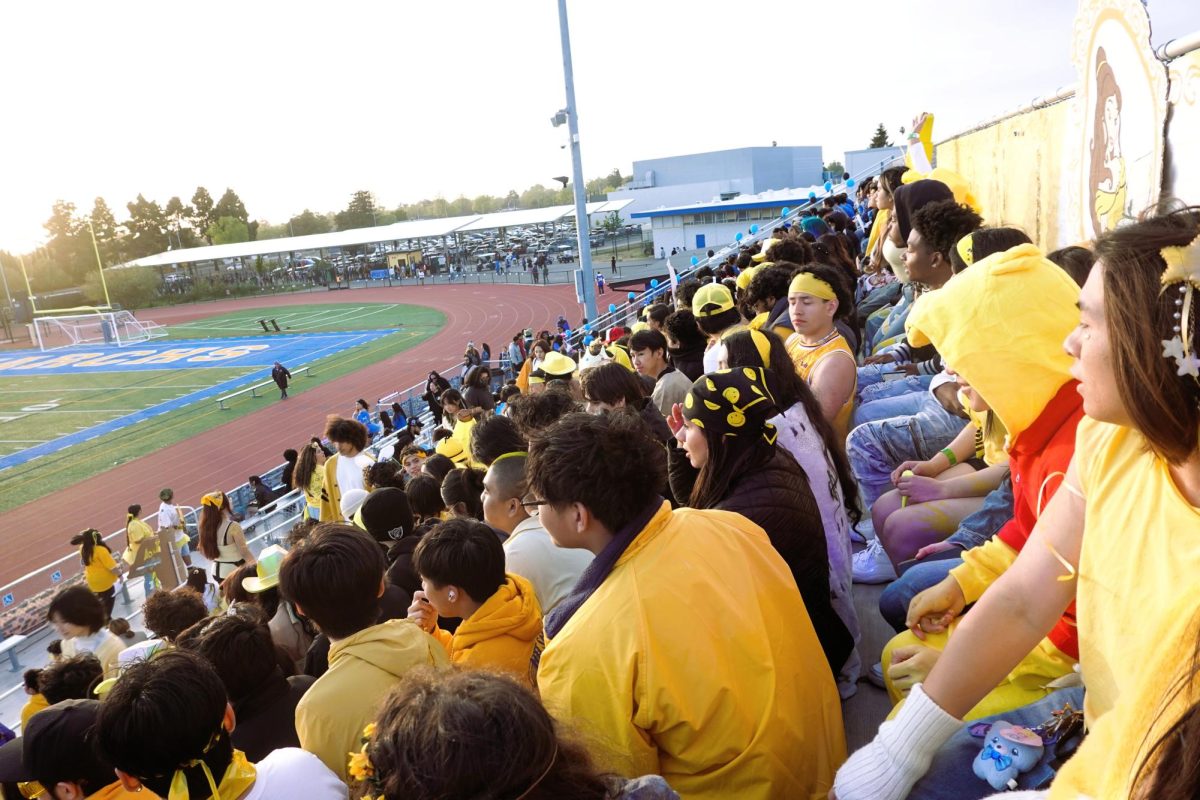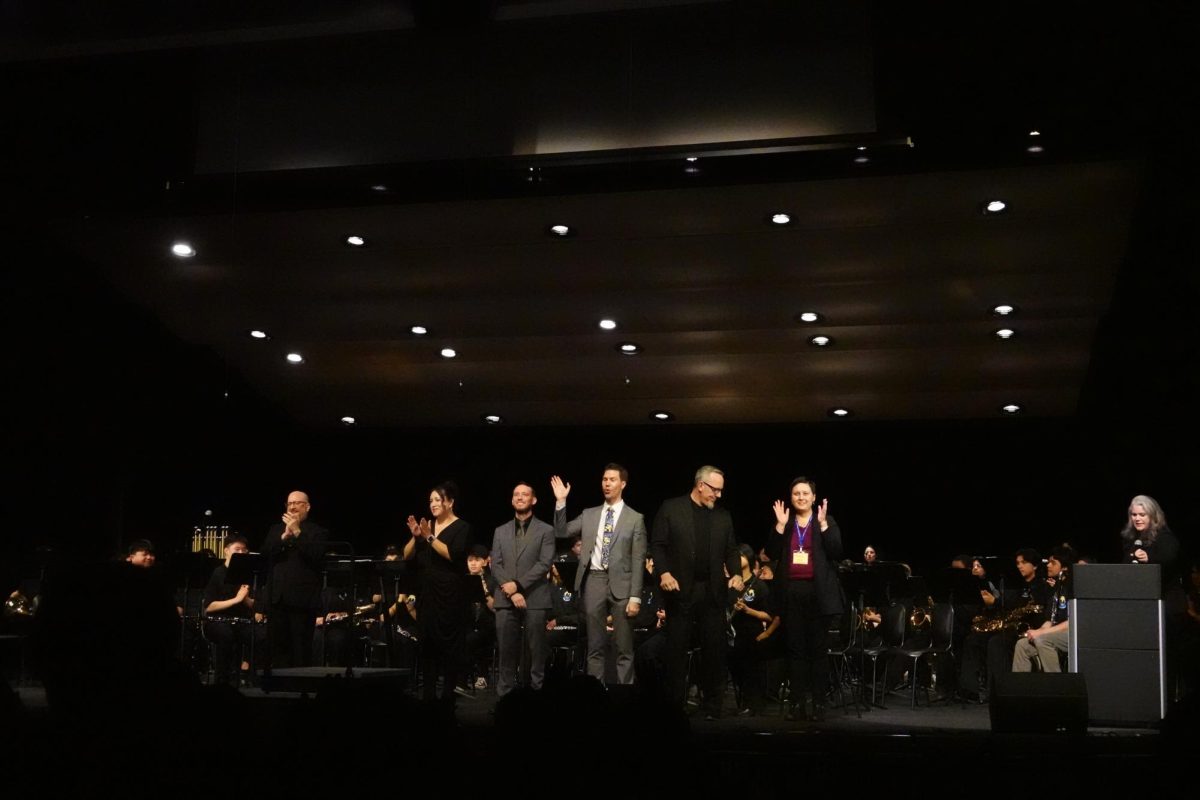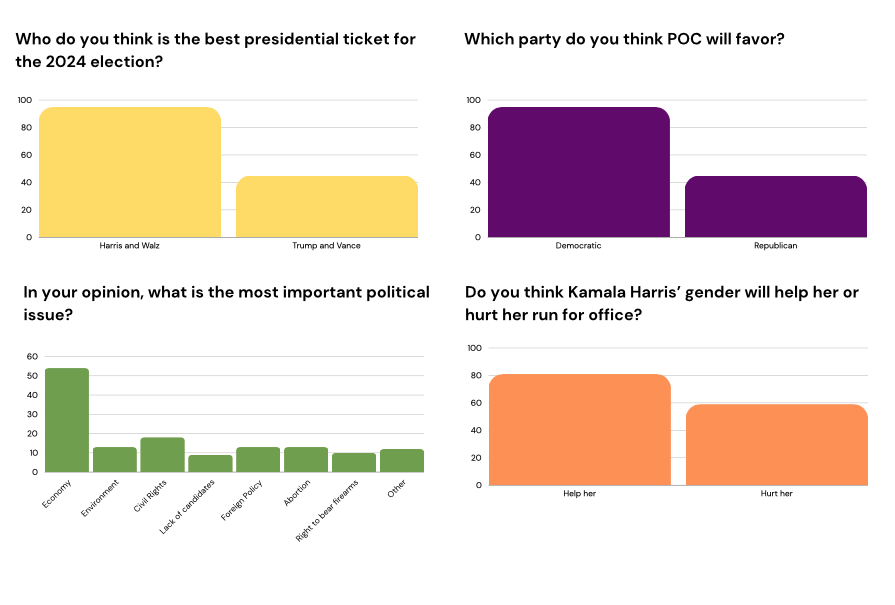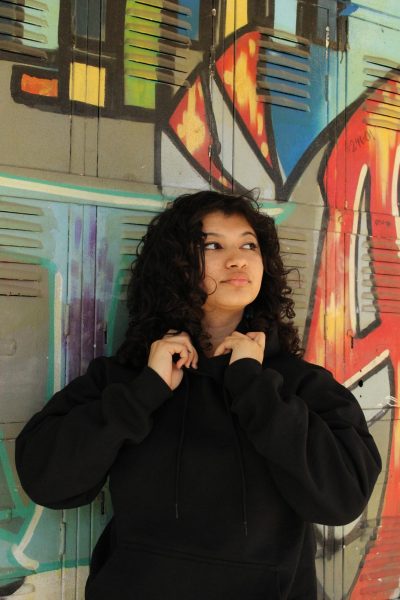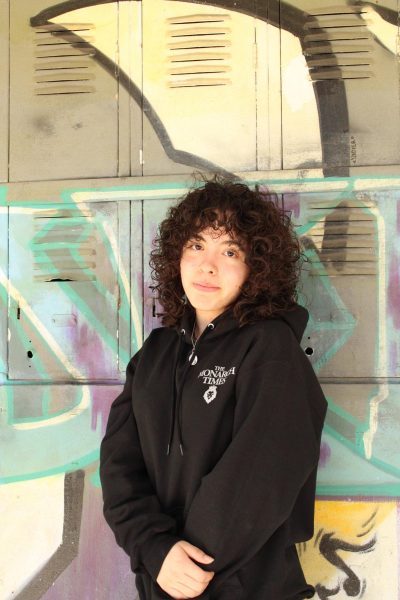Hayward Unified School District (HUSD), unanimously passed a policy titled the “N-Word and Hate Speech Prohibitions” on September 11th. The day before, the policy was introduced to HUSD staff at a professional development training. The district said the policy was brought to attention after an ongoing problem of students using racial slurs and saying derogatory things to students of color. Students have not yet gotten a formal introduction to the policy.
“This policy applies to all communities,” said HUSD Superintendent Jason Reimann, “but we’re starting with and focusing on the N-word and anti-blackness because there’s a specific need.” According to Reimann, Castro Valley, New Haven, and Pleasanton school districts have also passed similar policies.
As stated in the policy, any spoken use of the N-word is strictly prohibited in all school settings including classrooms, hallways, cafeterias, playgrounds, and during any school-sponsored events or activities. A ban on this form of hate speech is outlined, with extra specification on its verbal, written, digital and online, symbolic, gesture, and non-verbal use. Additionally, restrictions on people using the word interpersonally on campus is also prohibited. The policy outlines similar restrictions for other forms of hate speech, specifying that anything that “belittles or discriminates against individuals or groups based on race, ethnicity, nationality, religion, gender identity, sexual orientation, disability, physical characteristics (such as body size, height, weight, colorism, texturism, or featurism), or any other protected characteristic is strictly prohibited.”
The policy requires that teachers gain “administrative approval” before teaching materials containing any mention of the N-word as outlined in the policy.
“We know it’s part of required text,” said Mt. Eden Principal Monique Walton, “but when this word comes up, we’re going to say ‘the N-word’, right? We’re not going to say the whole word, we’re going to say ‘the N-word’, and we’re going to talk about why we’re going to use it that way, and what it does.”
“I would be interested to see the impact it has or does not have on things like attendance rates, fights, and even referrals and suspensions,” said Reimann. “If we implement something like this effectively it does have an impact on young people.”
“I think that my hope is that we will develop a space where we just don’t hear it. So, whereas it was so prevalent, now we maybe don’t,” added Walton about the policy’s success on campus.
Reimann says this policy will continue to be adapted as necessary through feedback from the community and will continue to take place in the form of public surveys.
Parents speaking out about issues surrounding use of the N-word argue that many parents and families in the district who are not black or African American are not aware of what incidents are happening at their students’ schools. People agreed that the district needs to be more proactive in informing the rest of the community about these issues where students of color are discriminated against.






